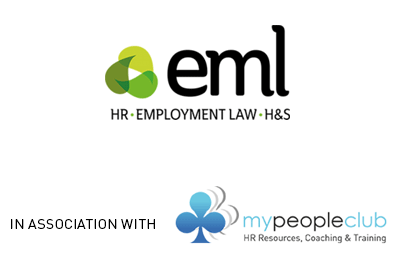
Are employers nervous about increased claims for Trade Union recognition?
The effects of industrial action have been impossible to escape in recent weeks, and whilst such action is far more common in the public sector, the effects of the rising cost of living on real wages may be leaving some private sector employers worries about an increased appetite for union recognition among workers in non-unionised workplaces. Here we take a brief look at what this involves, and how employers might head-off potential Trade Union challenges.
What are the implications of Trade Union recognition?
A union that is recognised by the employer for the purposes of collective bargaining will gain important statutory rights, including:
- for its members to take time off work for union activities and duties
- to be given information from the employer to enable it to participate in collective bargaining on terms and conditions of employment
- to be consulted on collective redundancies and transfers
- to be informed and consulted in respect of health and safety matters and certain pension issues
The right for the Trade Union to participate in collective bargaining does not mean that the employer has to agree to its demands. However, terms which are agreed through collective bargaining will be legally incorporated into the contracts of employment of workers within the bargaining unit(s) covered by the agreement.
What is Statutory Trade Union Recognition?
Provided that the employer has at least 21 workers a Trade Union can invoke a statutory recognition procedure which is overseen by the Central Arbitration Committee (CAC). The process for applying and achieving statutory recognition has a number of stages but the key criteria that the union must satisfy to are:
- at least 10% of workers in the proposed bargaining unit must be members of the Trade Union
- more than 50% of the proposed bargaining unit must be likely to support recognition (the CAC will hold a ballot where current membership is less than 50%)
- a similar claim for recognition under the statutory procedure has not been made in the previous 3 years
Where a Trade Union is successful in obtaining statutory recognition it must be recognised by the employer for collective bargaining on pay, hours, holidays and any other matters agreed by the parties. Collective bargaining procedures will need to be agreed and where the employer and union cannot agree these voluntarily either party can apply to the CAC for assistance. If agreement still cannot be reached, the CAC will impose a collective bargaining procedure which will then be legally enforceable unless both parties agree otherwise, or agree to vary or replace it.
Is it better for an employer to voluntarily recognise a Trade Union rather than have a statutory recognition agreement imposed upon it?
An employer can choose to enter into an informal voluntary recognition agreement with a Trade Union at any time.The advantages of doing so can include:
- The employer is in a better position to negotiate the terms of such an agreement than it is where a statutory application is made, e.g., in terms of what workers the agreement will cover, what terms and conditions will be negotiated upon, what union facilities will be provided etc
- Such a voluntary agreement, provided that it is with an independent trade union, can serve to prohibit a statutory application being made with regard to the same or a similar group of workers by a different Trade Union
- Because the agreement is voluntary, it can be ended by the employer subject to any notice provision in the agreement, although this would not remove any terms and conditions which are already deemed to have been incorporated into individual contracts of employment
How can an employer reduce support for Trade Union recognition?
Where an employer is concerned about potential support amongst employees for Trade Union recognition there are steps it can take which might reduce the risk. These include:
- Setting up channels for the information and consultation of employees on business issues which might impact them, such as an employee consultative committee/forum
- Improving communication with employees generally, making them more aware of what is going on within the business, e.g., regular newsletters or presentations
- Following fair grievance procedures so that employees feel that they have an effective means of raising individual issues
- Training managers in effective communication techniques and how to deal with workplace conflict
- Implementing an effective employee engagement strategy
If you are an employer who needs further advice or assistance in this area, do not hesitate to contact EML on 01942 727200, or at enquiries@employeemanagement.co.uk

